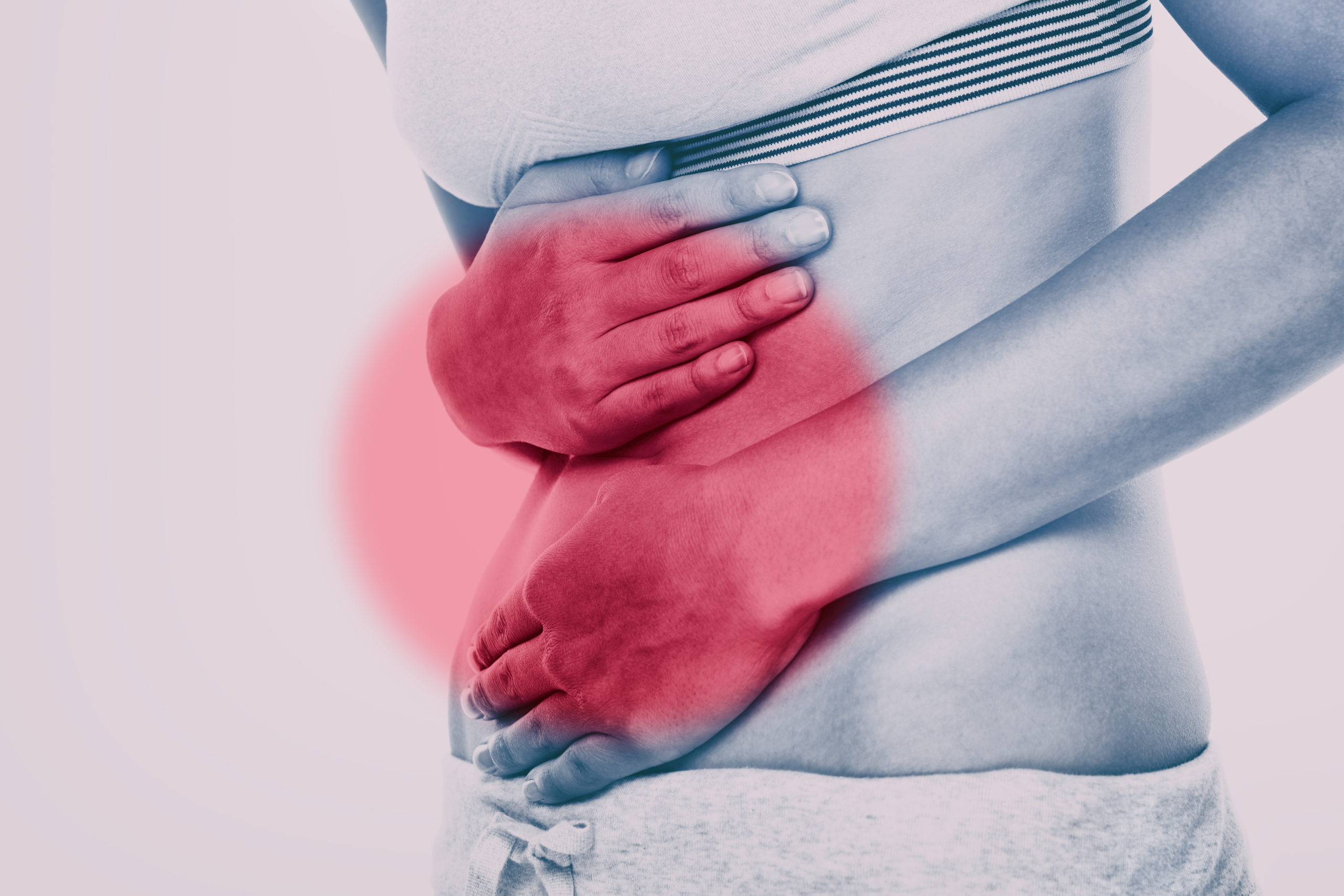
The gut-brain axis – managing IBS with CBT
May 15th, 2024The precise cause of the disorder IBS (Irritable Bowel Syndrome) is unclear and there is no cure. Recently, doctors have revealed that when talking to IBS patients, 60% of them meet the criteria for psychiatric disorders, most commonly anxiety, stress and depression. Could cognitive behavioural therapy help relieve IBS? This is what we know…
IBS is the most common functional gastrointestinal disorder in the world
When suffering an IBS attack, there is a disruption between the gut, brain and neurological system. 5-10% of the population worldwide under the age of 50 suffer from the sometimes embarrassing and painful disorder, predominantly women and young people.
It is the most common functional gastrointestinal disorder in the world. It doesn’t affect a person’s life span but it influences their quality of life. Key symptoms are gut inflammation, cramps, abdominal pain, changes in bowel movements and sensations, bloating and flatulence.
There are 5 subtypes of IBS:
- IBS-C: With constipation
- IBS-D: With diarrhoea
- IBS-M: Mixed
- IBS-A: Alternating
- IBS-U: Unsubtyped
Diagnosis of IBS
Diagnosis is done by physical examination, digital rectal examination, haemoglobin, c-reactive protein and celiac serology testing. A serologic test is done to rule out celiac disease. A doctor will ask a patient about stool regularity and severity of the IBS symptoms.
For a patient to fall into the IBS disorder category, they should have the symptoms at least once a week.
The causes of IBS
IBS has also been referred to as a multi-symptomatic gut-brain axis disorder but the precise cause of IBS is unclear. Studies have shown that it can be related to severe hypotheses, dysfunction in the hypothalamic pituitary adrenal axis, neuroendocrine alteration, visceral hypersensitivity and genetics.
Symptoms can be triggered by a person’s lifestyle such as their diet, alcohol or caffeine consumption, bad hygiene or lack of sleep.
Doctors have revealed that when talking to IBS patients, 60% of them meet the criteria for psychiatric disorders, most commonly anxiety, stress and depression. Strong emotions can trigger chemicals in the brain, the brain then sends signals to the gut causing the colon to react.
IBS and mental health
Symptoms of IBS can disrupt a person’s day, cause embarrassment and be debilitating all of which can affect a person’s mental health. Professor Hazel Everitt from Southampton University internationally recognized for IBS research has performed two studies on IBS and CBT (Cognitive Behaviour Therapy) and found new and improved treatments for IBS sufferers and offered them better ways of managing the disorder through the use of CBT.
What is CBT?
CBT stands for Cognitive Behavioural Therapy. It is a talking therapy used to help manage and treat anxiety, stress, depression and other mental and physical health problems by changing the way you think, and your subsequent behaviour through a changed mindset. It helps a person understand their negative thoughts, feelings, sensations and actions in the hope of breaking a negative cycle. It teaches a person how to break down their problems, manage them and improve how they feel, dealing with current issues, not things that have happened in the past.
CBT cannot cure IBS but studies have proven that it can help the disorder.
The two studies that were performed at Southampton University by Professor Hazel Everitt.
Study one – Managing IBS in Primary Care (MIBS)
The team at Southampton University developed a CBT which has now also been developed into an app in the USA and approved by the FDA. This CBT was for the Regul8 website which is about IBS self-management.
Study two – Accessing Cognitive Behavioural Therapy in IBS (ACTIB)
This is the largest trial for CBT in IBS worldwide; the trial showed that CBT techniques (both online and telephone) led to significant clinical improvements in IBS sufferers after 12 months, and sustained after 24. The UK now has widespread telephone CBT services for IBS.
Further IBS news
The ATLANTIS project
Professor Hazel Everitt was also the Co-Chief Investigator on the ATLANTIS project. A trial of low-dose amitriptyline for IBS primary care with colleagues at the University of Leeds and Bristol. Amitriptyline is a cheap widely used drug used for a range of health conditions. Results have shown that people who use the drug are twice as likely to see an overall improvement in their symptoms. Read more about the ATLANTIS project here.
Managing IBS
If you are experiencing IBS symptoms you should visit your doctor for advice. The doctor will run some tests and give you a tailor-made IBS management plan. This may include lifestyle changes such as:
- Stress, anxiety and depression management
- Sleep regulation
- Relaxation therapies
- Exercising
- Drinking more fluids
- Limiting or stopping alcohol or caffeine consumption
- Stopping smoking or recreational drugs
- Eating regular meals and removing trigger foods
- Drinking a lot of fluids
- Supplements
We recommend our product Symprove Mango & Passion Fruit drink. The probiotic supplement was developed to aid the symptoms of IBS. It contains 4 unique strains of probiotic bacteria.
References






